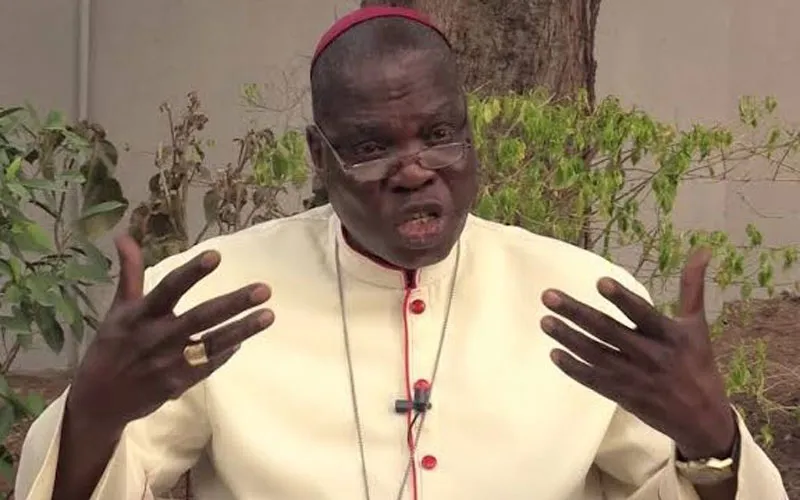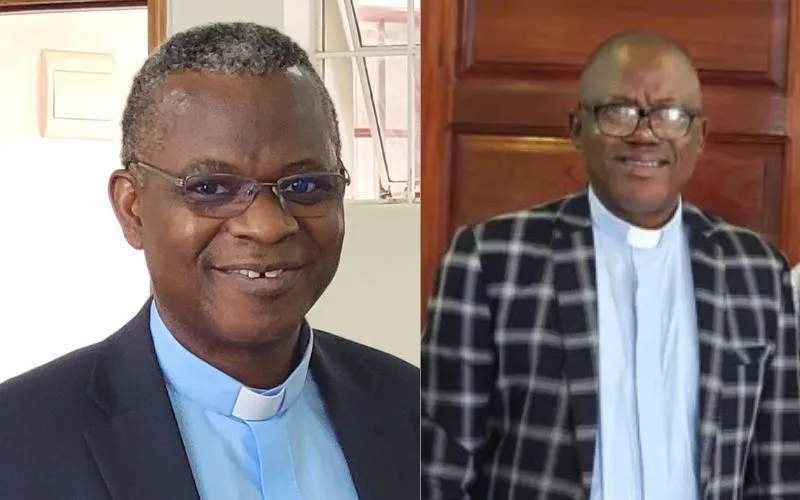Kaduna, 14 December, 2019 / 9:11 am (ACI Africa).
A Nigerian Archbishop who recently led a delegation of Local Ordinaries of the Ecclesiastical Province of Kaduna to the violence-prone Kaduna Local Government area within Kaduna state in the north western part of his country identified inequalities and disparities as factors behind the ethnic violence between Muslim and Christian population in the locality.
“We all know that we are where we are in this country because of inequality, simply because people are treated differently in terms of the provisions of infrastructural facilities,” the Archbishop of Kaduna, Mathew Man-Oso Ndagoso was quoted as saying during the December 9 visit to Kajuru in Kaduna Local Government Area, Kaduna state.
“The budget given by governments in every state is based on the population of the people and for their common good. And therefore, everyone in the state is entitled to the provision of good amenities,” the Archbishop of Kaduna added.
However, he continued, "you see it openly that resources are being channeled to communities favored by political leaders to the detriment of others."
“Where there are disparities and people are treated unequally there are bound to be problems,” Nigerian Archbishop Ndagoso lamented.








